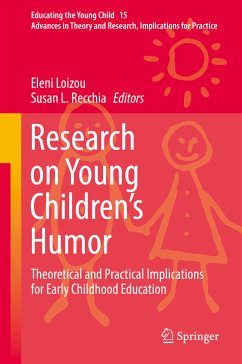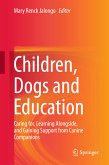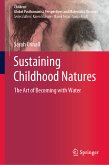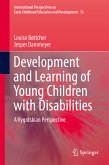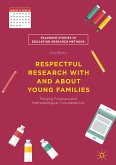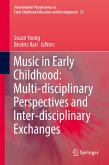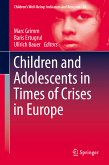This book provides a wide spectrum of research on young children's humor and illuminates the depth and complexity of humor development in children from birth through age 8 and beyond. It highlights the work of pioneers in young children's humor research including Paul McGhee, Doris Bergen, and Vasu Reddy. Presenting a variety of new perspectives, the book examines such issues as play, humor, laughing and pleasure within the context of learning and development. It looks at humor, wordplay and cartoons that can be used as educational tools in the classroom. Finally, it provides explorations of humor within a cultural and spiritual context. The book presents diverse and creative methods to study humor and provides practical implications for adults working with children. The book offers a powerful springboard for moving research and practice toward a deeper understanding of young children's humor as an integral and meaningful component of early development and learning.
Dieser Download kann aus rechtlichen Gründen nur mit Rechnungsadresse in A, B, BG, CY, CZ, D, DK, EW, E, FIN, F, GR, HR, H, IRL, I, LT, L, LR, M, NL, PL, P, R, S, SLO, SK ausgeliefert werden.

